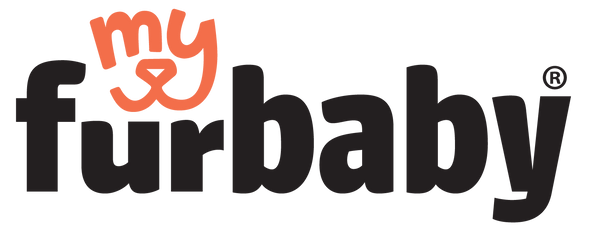Caring for a Newborn Pup
Caring for a puppy is an extremely rewarding and fun experience, however, you’re bound to be questioning yourself every so often or concerned about their wellbeing.
Puppies can quickly fade if not cared for correctly, but don’t worry, with the right support, bringing your new dog or puppy home will be a breeze and all the fun it should be.
A good dog care guide will provide a detailed guide to caring for a newborn puppy, as newborn puppy care week to week changes quite drastically. If you have puppies in your care, let’s take a look at what you need to know during those first weeks.
Things to Know While Caring for New Pups
A good puppy care guide will offer you many important tips to be a better dog owner. Newborn puppy care includes the following factors to ensure their safety and well-being.
Provide a clean and warm environment
Puppies stay in the same space where they were born for the first few weeks, so choose this space wisely before your bitch gives birth.
Ensure the den is large enough for the mother to move freely whilst keeping the puppies contained. You should be able to change bedding each day to keep everyone warm and dry.
Provide appropriate nutrition
Puppies are solely reliant on their mother’s milk for the first few weeks, so ensure that you are providing her with several feedings of puppy food throughout the day.
Dog-proof your home
Let puppies explore your home slowly and remove hanging wires, electrical cords or anything that you don’t want to be chewed.
It’s also important to keep the toilet lid down to prevent dogs from jumping up and potentially falling in.
Consult a vet if needed
Don’t be afraid to reach out for professional support and advice. Young puppies are susceptible to illness and a short bout of vomiting and diarrhea could prove fatal.
Report anything unusual and ensure that you get your puppies treated for parasites and vaccinated as soon as possible.

